
Researchers explore continuous glucose monitors (CGMs) for early detection of insulin issues, aiming to prevent diabetes progression and improve screening methods.

Researchers explore continuous glucose monitors (CGMs) for early detection of insulin issues, aiming to prevent diabetes progression and improve screening methods.

Cemiplimab's approval is supported by findings from the C-POST clinical trial.
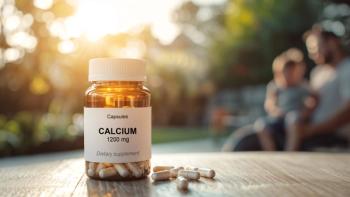
New research confirms that calcium supplements do not increase dementia risk in older women, supporting their use for bone health without cognitive concerns.

Medicaid expansion enhances 5-year cancer survival rates in rural and high-poverty areas, highlighting the importance of financial support for better health outcomes.

This is the first pediatric FDA approval for golimumab, according to the manufacturer.
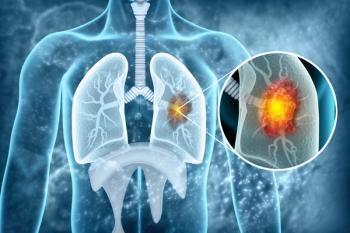
Aumolertinib and osimertinib show similar efficacy and safety when treating patients with EGFR-mutant non–small cell lung cancer (NSCLC), providing valuable insights for treatment optimization.

A retrospective analysis found no associations between lipid parameters and the success of blood stem cell mobilization in a cohort of healthy donors.

Christian Ruff, MD, highlights pharmacists as essential clinical partners who help optimize drug selection, dosing, and safety for patients with complex needs.
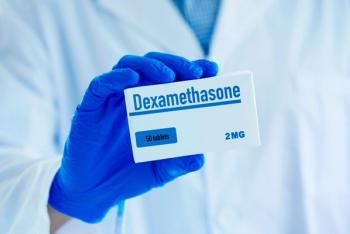
Frail patients with multiple myeloma (MM) can safely reduce dexamethasone use, enhancing treatment outcomes without increasing infection risks.

Cagrilintide shows significant weight loss in adults with obesity, marking a breakthrough in obesity treatment with promising phase 3 trial results.
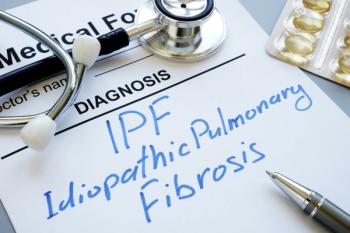
The FDA approves nerandomilast, the first new treatment for idiopathic pulmonary fibrosis in over a decade, offering renewed hope for patients.

Pharmacists’ accessibility and expertise make them essential allies for patients managing weight through medication, Donna Ryan explains.
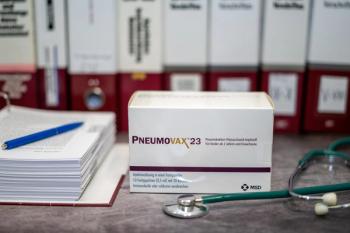
Vaccination with 23-valent pneumococcal polysaccharide vaccine did not reduce the rates of acute coronary syndrome and ischemic stroke in a randomized clinical trial.

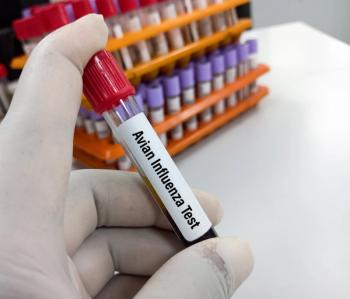

Craig Beavers discusses recent developments in hypertension management and the clinical implications of the Bax Hypertension and KARDIA-3 trials with Shelby Tungate from the UNC Eshelman School of Pharmacy.

BMS-986446 shows promise as a fast-tracked therapy for early Alzheimer disease, targeting tau protein to alter disease progression.

Recent research confirms that rheumatoid arthritis patients in remission can safely switch to the biosimilar infliximab-dyyb, offering a cost-effective treatment option.
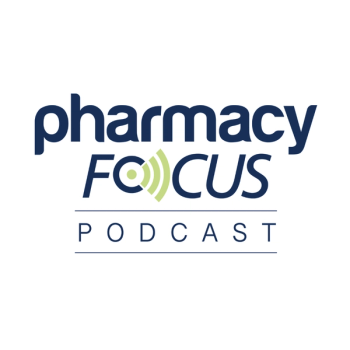
William Van Decker, MD, discusses the key priorities of the upcoming ACC Legislative Conference, including telehealth, cardiovascular rehab, prior authorization reform, and the role of pharmacists in shaping patient-centered cardiovascular policy.
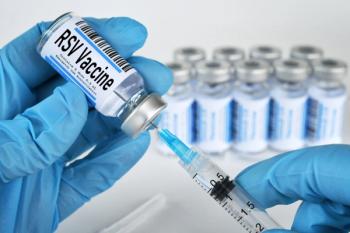
Derek Webb, PharmD, discusses RSV in older adults, highlighting symptoms, risk factors, and barriers to vaccination.

Johnson & Johnson presented new long-term data of icotrokinra from ICONIC-LEAD, along with data from ICONIC-ADVANCE indicating head-to-head superiority with standard-of-care deucravacitinib.

Datopotamab deruxtecan shows promise as a first-line treatment for metastatic triple-negative breast cancer, improving survival in nonimmunotherapy candidates.

Research highlights the effectiveness of the albuterol-budesonide combination for ensuring rapid relief and safety in patients with asthma.

Student pharmacists should use practical tips to responsibly use artificial intelligence tools for studying, clinical simulations, exam preparation, and time management while ensuring ethical and effective usage.

Explore the evolving role of pharmacists in navigating FDA regulations and the impact of drug ads on patient care.

New results from the phase 3 HYPERION trial demonstrate reduced risks as early as the year following diagnosis of pulmonary arterial hypertension.

The approval is supported by findings from the INTEGUMENT-PED trial and the INTEGUMENT-OLE long-term extension study.

Martha Thorne discusses the operational, financial, and patient care challenges pharmacies face under the 340B rebate pilot and the need for advocacy, automation, and transparency to sustain access.

The angiopoietin-like-3-targeting treatment received an expanded indication for individuals aged 1 through 5 years, building on earlier approvals in older populations.

Derek Webb, PharmD, discusses RSV in older adults, highlighting symptoms, risk factors, and barriers to vaccination.